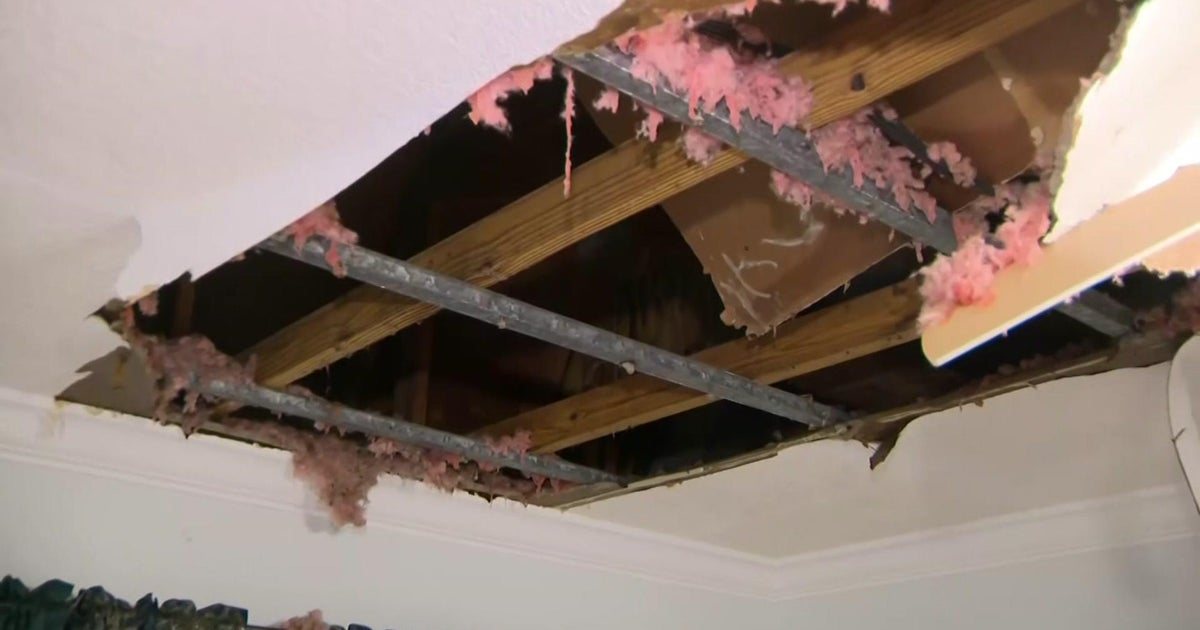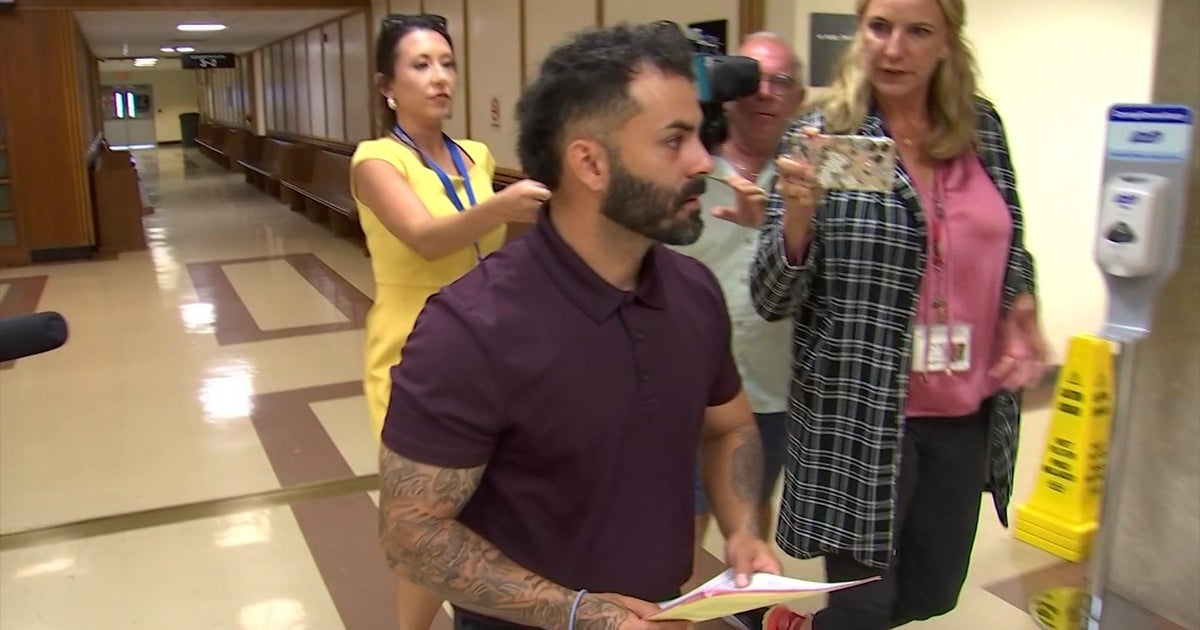Legislature To Debate "Caylee's Law" Bills In January Session
TALLAHASSEE (CBSMiami/AP) – When Florida lawmakers convene next month in their first session of the new year, one of the first issues on the agenda will be a pair of bills that would make it a felony if a parent or guardian doesn't tell authorities a child is missing or dead within a certain period.
The introduction of the so called "Caylee's Law" comes six months after a jury acquitted Casey Anthony of killing her 2-year-old daughter in one of the state's most high-profile murder trials.
Florida House Bill 49 and Senate bills 84, 86 and 146 are among similar "Caylee's Law" legislation that have sprung up in more than a dozen states since the controversial July verdict and are among several new crime laws legislators will consider beginning Jan. 10.
Rep. Bill Hager, R-Boca Raton, co-sponsored HB 49 along with fellow Rep. Fred Costello, R-Ormond Beach. Hager said he respects the jury's verdict in the Anthony case, but feels that there is room to strengthen existing laws.
"I think the citizens of Florida were shocked to learn there was not an effective law in place in connection with the failure to report a child missing," Hager said. "This addresses that."
Casey Anthony was charged with murder following Caylee's disappearance in June 2008. The 25-year-old didn't report her child missing for 31 days before telling police that a fictitious babysitter had kidnapped the child. She maintained the same story to her family and authorities until the child's skeletal remains were found in some woods in December 2008 not far from the family home.
Anthony stood trial for her toddler's death last summer, using the defense that Caylee drowned in the family pool, that she panicked and that her father, a former police officer, helped her cover up the death by placing the child's body in the woods. He denied it. She was acquitted of murder, but convicted of four charges of lying to police and released a short time later on time served.
"I don't think we can prevent irresponsible parenting, but we can certainly put in place penalties for parents that fail in the most basic fundamental responsibility to safeguard a child," Hager said. "Are there many instances a like law like this would apply? There's a precious few. But we don't want a situation like this to arise again where prosecutors and juries don't have the necessary tools."
The verdict elicited largely a visceral response nationwide, with many people feeling Anthony got away with murder. It led to an Oklahoma woman starting a petition on the activist website Change.org calling for a federal Caylee's Law. The petition has garnered nearly 1.3 million signatures to date.
The quick response by so many state legislatures to write versions of the law has drawn criticism.
"Caylee's Law is a legislative reaction to the public's frustration with the Casey Anthony verdict," said Pace (NY) Law School professor Leslie Garfield, a graduate of UF's Levin College of Law. "Legislators in our country have a history of proposing laws that are reactionary to public outcry following perceived injustice to children."
Hager doesn't shy away from that sentiment, but said that doesn't mean the law doesn't have merit.
"My bill was, in fact, a response to a high-profile crime," Hager said. "And No. 2, this alleged crime occurred in 2008, so my arithmetic suggests that three years is not a knee-jerk response. This is going through a formal process, like every bill goes through."
In November a Senate Select Committee on Protecting Florida's Children which was formed in response to Anthony's acquittal, recommended increasing the penalty for intentionally providing false information if the missing child is 16 years or under and suffers serious injuries or dies.
But the committee declined to recommend setting any deadlines for reporting a child missing or dead. Some proposals had suggested reporting deadlines between 12 and 48 hours.
Manatee County Sheriff's Office Major Connie Shingledecker, who has also served on a Florida Department of Children and Families task force, told Senate committee members in October that she worried such specific timeframes could confuse parents as to whether they are being required to wait a certain time to report a child missing.
University of Miami law professor Tamara Lave said what's troubling most to her about the proposed Caylee's Law legislation as proposed is a strict liability law, meaning it could punish those who aren't intentionally trying to commit a crime by notifying anyone — like family members or a minister— before authorities.
"One could respond you must depend on prosecutor to do right thing," Lave said. "That's a dangerous way to proceed with criminal law because you don't always have good or competent prosecutors."
(TM and © Copyright 2011 CBS Radio Inc. and its relevant subsidiaries. CBS RADIO and EYE Logo TM and Copyright 2010 CBS Broadcasting Inc. Used under license. All Rights Reserved. This material may not be published, broadcast, rewritten, or redistributed. The Associated Press contributed to this report.)



